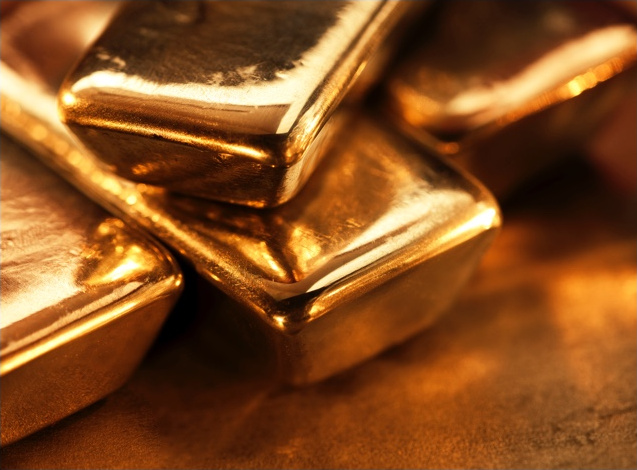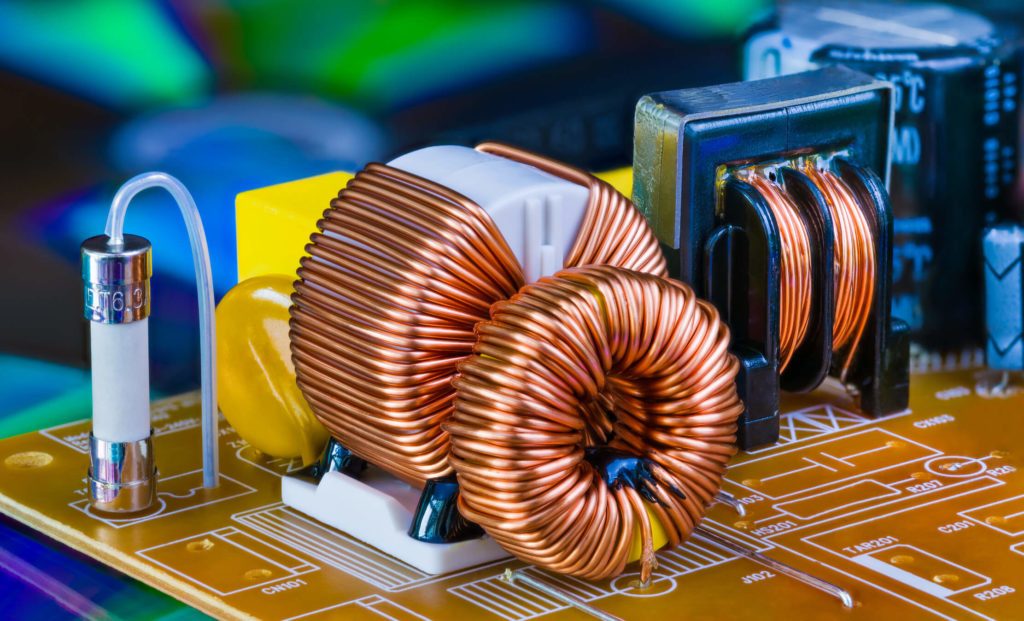
Lead’s infinite role in Europe’s metal recycling industry
The carrier metal properties of lead make it an efficient and effective enabler for the recycling of a broad range of non-ferrous metals, from gallium used in mobile phones and solar panels, to precious metals including silver and gold, and even platinum used in automotive catalytic converters. Lead therefore has a pivotal role in Europe’s circular economy.

Leaded copper alloys are central to the EU circular economy
The ability to efficiently recycle copper is becoming increasingly important. Numerous copper alloys in electrical products for example, use lead to enable better engineering and machineability of the final product. Other metals can be separated easily from copper when using lead, in a process which ensures both the copper and lead are recovered and can be reused, minimising waste and returning value to the product cycle for as long as possible.

Lead batteries set the standard for Europe’s circular economy
Lead batteries themselves are a perfect exemplar of the circular economy. Almost all lead batteries are collected at end-of-life for recycling – the highest recycling rate of all battery technologies. The average lead battery made in the EU today contains more than 80% recycled materials.